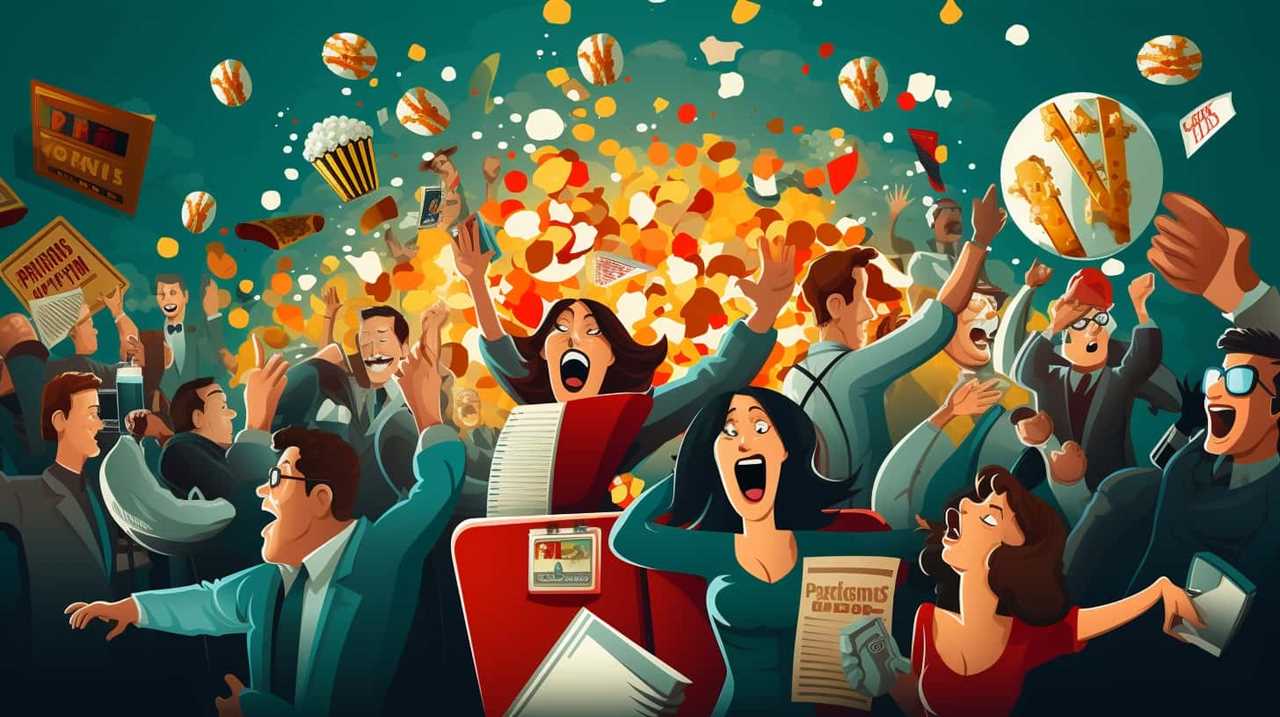You may be asking yourself: what is it that captivates us about the monologues of villains? Let me clarify, there is a lot more going on beneath the surface than meets the eye.
Villain speeches have a way of resonating with us, leaving an indelible mark on our minds. In this exploration of memorable cinematic lines, we will delve into the intriguing reasons behind their impact.
We’ll analyze the artistry behind crafting villain monologues and uncover the psychology that lies beneath their rhetoric. From the chilling words of infamous villains to the lasting legacy of cinematic evil, we’ll uncover the secrets that make these speeches so unforgettable.
So, let’s embark on this journey together and discover why villain speeches continue to captivate and intrigue us.
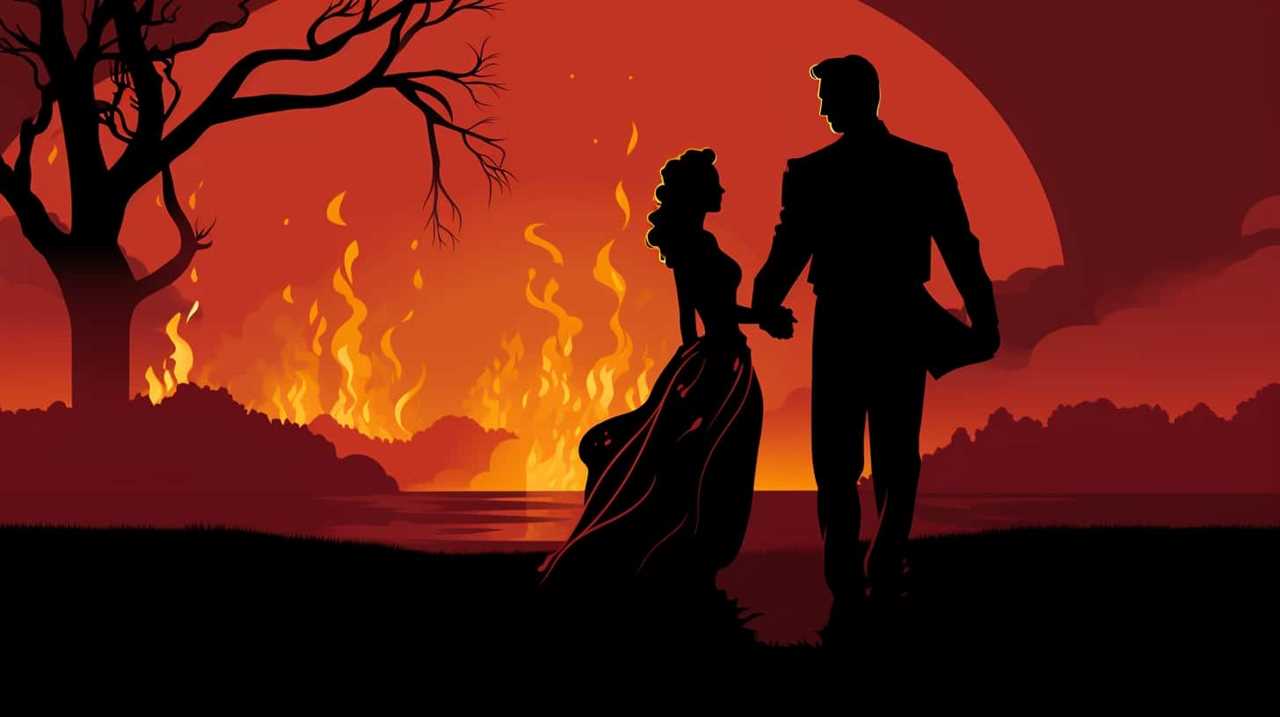
Key Takeaways
- Villainous speeches have the power to captivate and manipulate emotions, instilling fear, evoking sympathy, and convincing others to join their cause.
- Villain speeches tap into our deepest fears and desires, reflecting the values and beliefs of society and providing social commentary.
- Villains craft persuasive arguments that challenge our beliefs and sway our opinions, playing on our emotions, fears, desires, and insecurities to manipulate our emotions.
- Villain speeches have a profound cultural influence, shaping our understanding of power dynamics, morality, and societal norms, and sparking conversations about important issues.
The Power of Villainous Words
I am fascinated by the power that villainous words possess. Powerful rhetoric has the ability to captivate and manipulate the emotions of an audience. It’s a tool that villains often utilize to further their nefarious agendas. Through carefully crafted speeches, they can instill fear, evoke sympathy, or even convince others to join their cause. The impact of these words goes beyond the screen, leaving a lasting impression on viewers.
Villains understand the art of emotional manipulation. They know how to exploit people’s vulnerabilities and twist their perceptions. With their silver tongues, they can make the most heinous acts seem justifiable or even heroic. Their words can sway opinions, incite violence, or provoke deep introspection. It’s the combination of their persuasive delivery and wicked intentions that make their speeches so captivating.
These powerful speeches and the unforgettable lines they contain have become iconic in the world of cinema. From Darth Vader’s chilling revelation, ‘I am your father,’ to the Joker’s haunting question, ‘Why so serious?,’ these lines have transcended their fictional origins. They’ve become part of our cultural lexicon, representing the dark allure of villainy.
As we delve into the unforgettable lines from infamous villains, we’ll explore the deeper meanings behind these words and their enduring impact on popular culture.
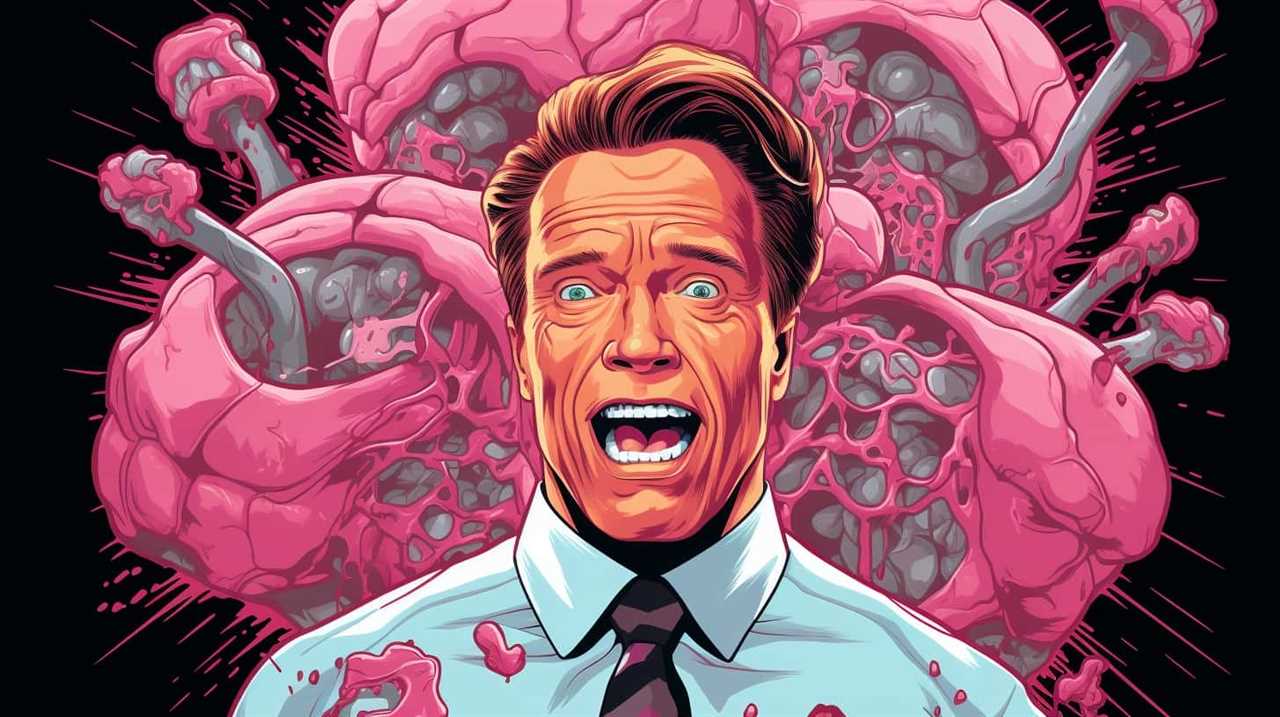
Unforgettable Lines From Infamous Villains
One of the most memorable lines from an infamous villain is the chilling declaration, ‘No, I’m your father.’ This unforgettable delivery by Darth Vader in ‘Star Wars: Episode V – The Empire Strikes Back’ has become one of the most iconic catchphrases in cinematic history. The line evokes a range of emotions in the audience, leaving them shocked, betrayed, and questioning the truth they’d believed until that moment.
To understand the power of such unforgettable lines from villains, we must consider the following sub-lists:
- Betrayal: The delivery of this line by Darth Vader is a shocking revelation that completely upends the audience’s understanding of the story. The sense of betrayal is palpable as we realize that the villain isn’t just a faceless enemy, but a familial connection to the hero.
- Identity Crisis: The line also sparks an emotional response by challenging the hero’s identity. The revelation that the villain is the hero’s father forces the audience to question their perception of good and evil, blurring the lines between the two.
- Humanizing the Villain: This iconic catchphrase humanizes Darth Vader, transforming him from a menacing figure into a complex character with his own motivations and struggles. It reminds us that even villains can have depth and complexity, making them more relatable and compelling.
These unforgettable lines, delivered with precision and impact, have the power to leave a lasting impression on audiences, further cementing the legacy of these iconic villains in cinematic history.
Analyzing the Impact of Villain Speeches
When analyzing the impact of villain speeches, two key points come to mind: the psychological appeal and the cultural significance of the dialogue.
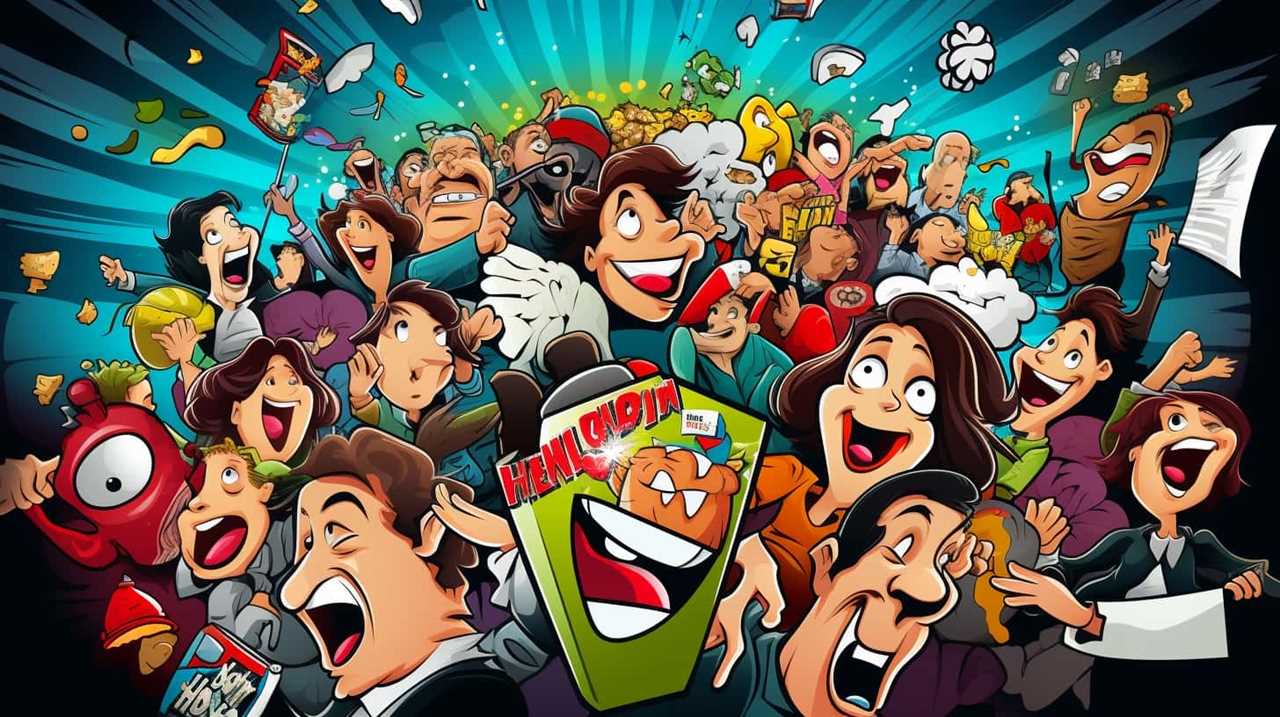
Villain speeches often tap into our deepest fears and desires, offering a glimpse into the darker aspects of human nature.
Additionally, these speeches can reflect the values and beliefs of the society in which they’re created, providing commentary on social issues and challenging societal norms.
Psychological Appeal of Villain Speeches
The psychological impact of villain speeches is undeniable, captivating audiences with their cunning manipulation and dark charisma. Villains have a way of using powerful persuasion techniques and emotional manipulation to draw us into their twisted worldview. Here’s a breakdown of why villain speeches resonate so deeply:
- The power of words: Villains have a knack for crafting persuasive arguments that challenge our beliefs and make us question our own values. Their words have the ability to plant seeds of doubt and sway our opinions.
- Playing on our emotions: Villains tap into our deepest fears, desires, and insecurities, exploiting them to manipulate our emotions. They know how to push our buttons and create a sense of dread or excitement that keeps us on the edge of our seats.
- The allure of darkness: Villains embody the forbidden, the taboo, and the morally ambiguous. Their charisma and confidence draw us in, making us both repulsed and fascinated by their wickedness.
These factors combine to create a psychological appeal that captivates audiences, leaving a lasting impact and making villain speeches truly memorable.

Cultural Significance of Dialogue
As an avid consumer of cinema, I’ve always been fascinated by the cultural significance embedded in the dialogue of villain speeches. Villain speeches have a profound cultural influence, shaping our understanding of power dynamics, morality, and societal norms.
Through linguistic analysis, we can uncover the underlying messages and symbolism within these speeches. Villains often possess a charisma that captivates audiences, allowing us to explore the darker aspects of human nature and question our own values.
Their speeches challenge the status quo and provoke thought, sparking conversations about ethics and justice. Moreover, villain speeches provide a platform for social commentary, addressing issues that resonate with contemporary audiences.
The Art of Crafting Villain Monologues
Crafting villain monologues requires careful consideration of tone, language, and delivery to captivate audiences and leave a lasting impact. A well-crafted villain speech has the power to evoke a range of emotions in the audience, from fear and anger to fascination and admiration.
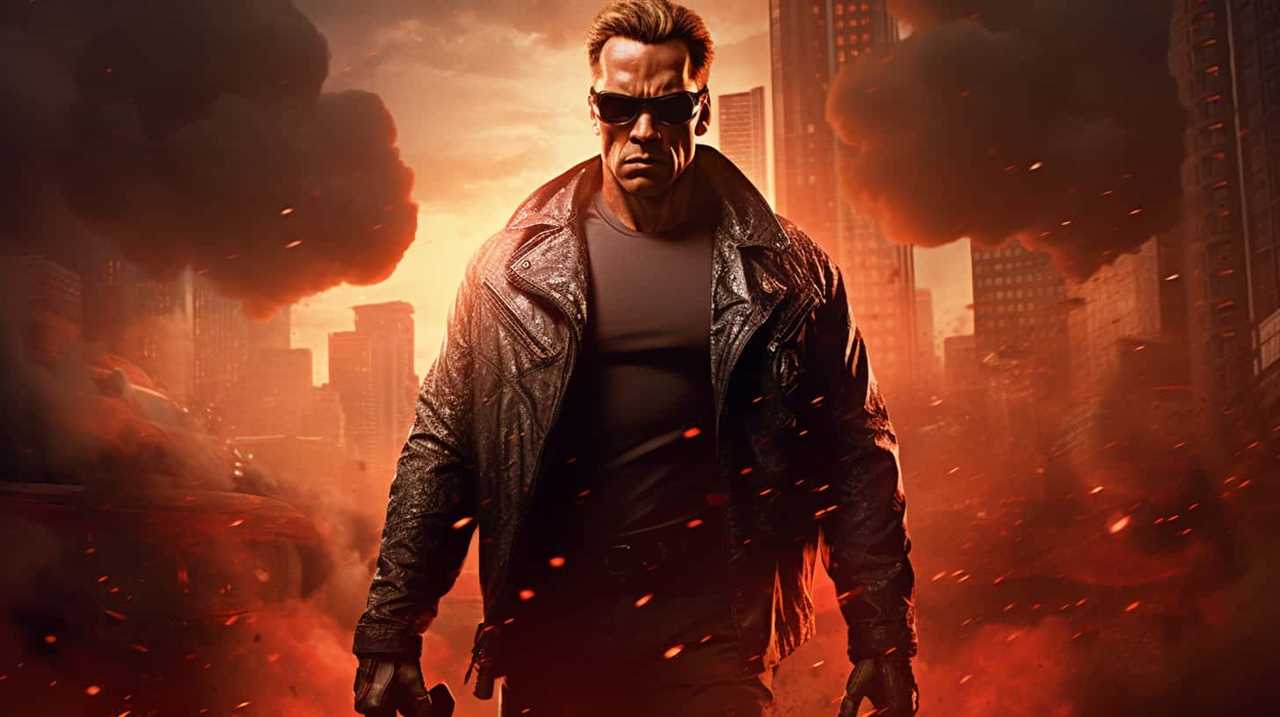
Here are three storytelling techniques that can help create a memorable and impactful villain monologue:
- Contrast: Creating a stark contrast between the villain’s words and actions can intensify the emotional response. For example, a villain who speaks eloquently about his evil plans while committing heinous acts can elicit a sense of unease and moral conflict in the audience.
- Symbolism: Incorporating symbolic language and imagery into the dialogue can add depth and resonance. By using metaphors and allusions, the villain can tap into universal themes and provoke thought in the audience. This can make the monologue more thought-provoking and memorable.
- Revelation: Unveiling unexpected information or a hidden truth during the monologue can captivate the audience’s attention. This revelation can challenge their preconceived notions and create a sense of suspense and anticipation, leaving them on the edge of their seats.
Crafting villainous dialogue involves a delicate balance of storytelling techniques to create a captivating and emotionally-charged experience for the audience. By employing contrast, symbolism, and revelation, villains can deliver monologues that resonate long after the movie ends.
Examining the Psychology Behind Villainous Rhetoric
Examining the psychology behind villainous rhetoric allows us to understand its powerful impact on audiences.
Villains have a unique ability to captivate and persuade, using their charisma and charm to draw followers to their cause.
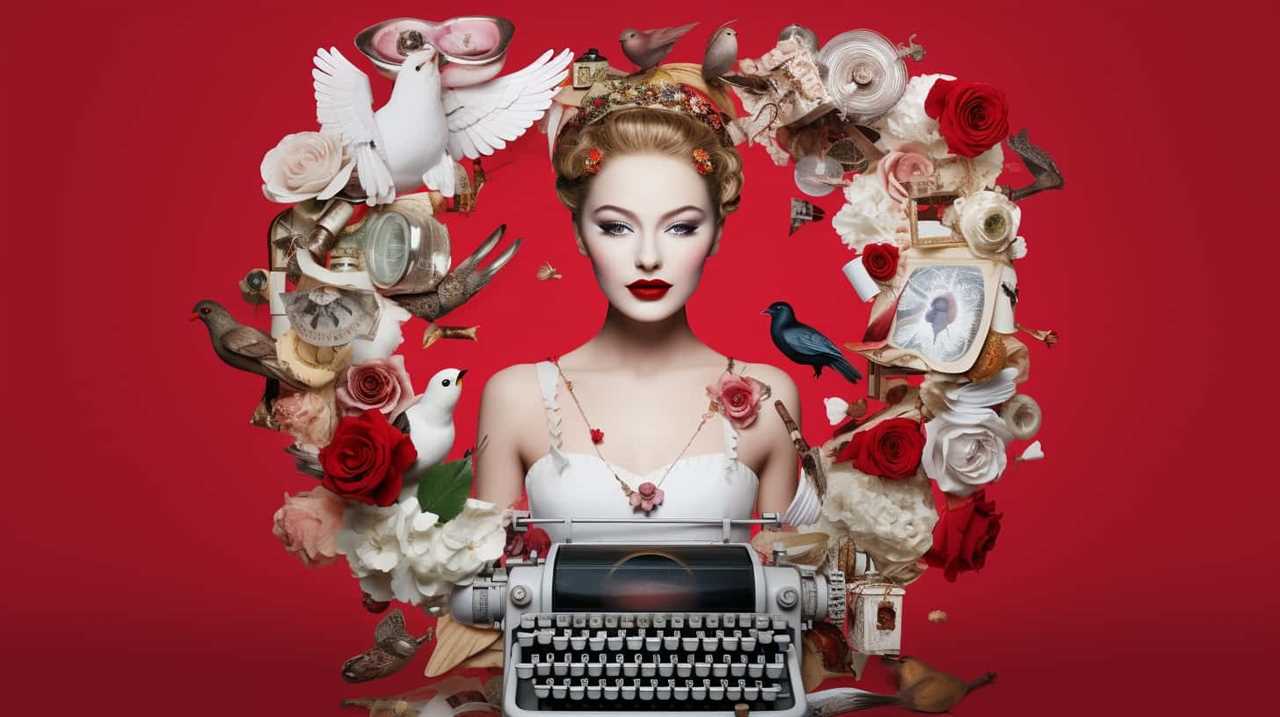
Through persuasive language, they manipulate emotions and beliefs, appealing to the darkest desires and fears of individuals.
Understanding the psychological tactics employed by villains in their speeches gives us insight into the complexities of human nature and the seductive power of manipulation.
Psychological Impact of Rhetoric
One key element in understanding the psychological impact of villainous rhetoric lies in analyzing the manipulation tactics employed by these characters. Villains often use emotional manipulation to evoke a strong response from their audience. They tap into deep-seated fears, desires, and insecurities, exploiting vulnerabilities to gain control over their listeners.
Additionally, villains employ cognitive persuasion techniques to sway the audience’s beliefs and perceptions. They use logical arguments, twisted reasoning, and selective presentation of information to distort reality and shape the audience’s thoughts. These tactics create a powerful and lasting impact on the psyche of the audience, leaving them with a sense of unease, fascination, or even admiration for the villain’s persuasive abilities.
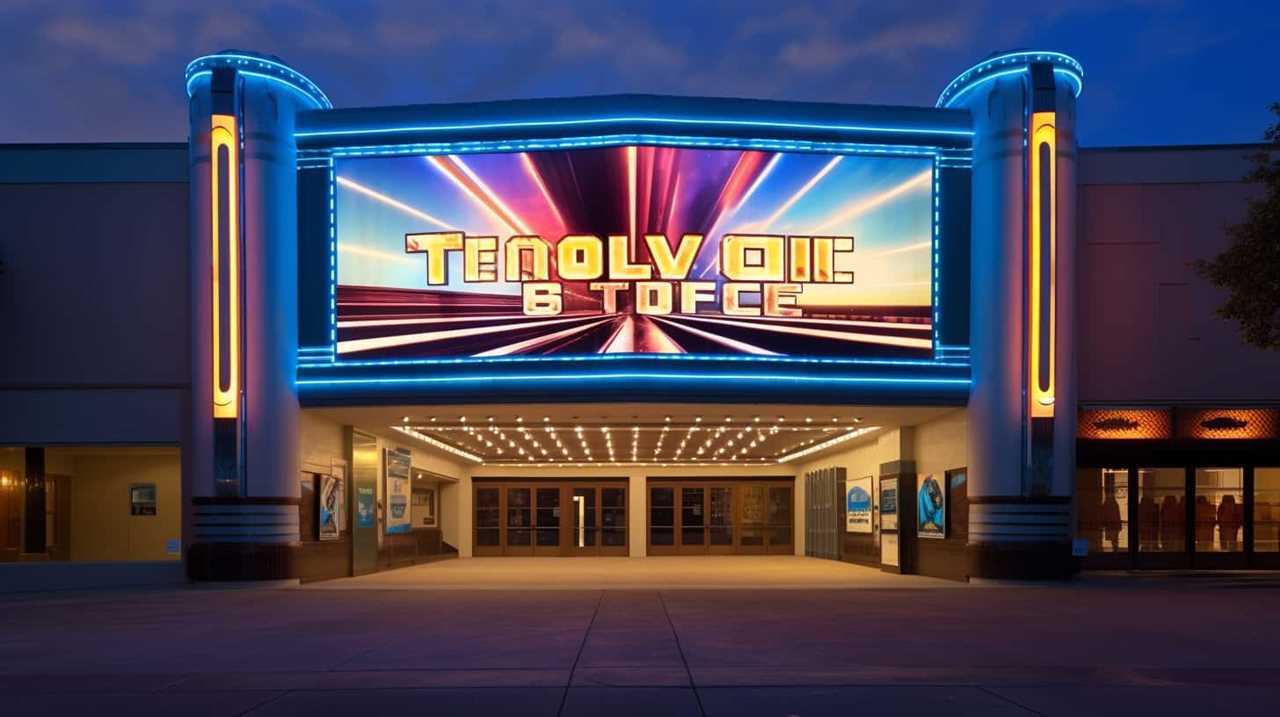
Understanding the psychological mechanisms behind villainous rhetoric provides valuable insights into the power of language and persuasion.
Transitioning into the next section, it’s important to explore how villains can also be charismatic leaders.
Villains as Charismatic Leaders
As a writer, I find it fascinating to delve into the psychology behind villainous rhetoric and explore how villains can also be charismatic leaders. Villains often possess the ability to captivate and manipulate their followers through persuasive rhetoric, tapping into the darker aspects of human nature. They employ charismatic manipulation to gain power and control over others, leveraging their charm, intelligence, and eloquence to sway opinions and rally support. This table demonstrates the key elements of their persuasive tactics:
| Charismatic Manipulation | Examples |
|---|---|
| Emotional appeal and manipulation | "I can offer you power beyond your wildest dreams." |
| Creating a sense of belonging and purpose | "Together, we can reshape the world in our image." |
| Exploiting fear and insecurity | "Without me, chaos will consume society." |
| Promising a better future through their vision | "Join me, and we will create a utopia for all." |
| Casting themselves as the savior or solution | "Only I can save you from the impending disaster." |
Villains harness these persuasive tactics to build a following, instill loyalty, and maintain control. By understanding the psychology behind villainous rhetoric, we can gain insight into the power of charismatic leadership and the potential dangers that lie within it.
Manipulation Through Persuasive Language
Villains as charismatic leaders possess a profound understanding of the psychology behind villainous rhetoric, allowing them to manipulate others through persuasive language. Through the use of persuasive techniques, these villains are able to tap into the emotions of their audience, effectively gaining control over their thoughts and actions.
Here are three sub-lists that highlight the emotional manipulation employed by these charismatic villains:
- Fear: Villains instill fear by using powerful and threatening language, creating a sense of vulnerability in their audience.
- Empathy: By appealing to the emotions and experiences of their audience, villains create a connection that makes their manipulative tactics more effective.
- Guilt: Villains skillfully place blame on their audience, making them feel responsible for the villain’s actions and thus influencing their behavior.
This manipulation through persuasive language not only captivates the audience, but also allows villains to achieve their nefarious goals.
Exploring the Lasting Legacy of Cinematic Evil
When delving into the realm of cinematic evil, it becomes evident that the enduring impact of these malevolent characters is undeniable. Villains have a way of captivating audiences, leaving a lasting impression that extends far beyond the closing credits. Their actions and motives resonate with viewers, prompting deep reflection on societal influences and the human condition. The legacy of cinematic evil can be seen in the lasting effects it has on our perceptions, values, and even our behavior.

To illustrate the profound influence of cinematic evil, consider the following table:
| Lasting Effects of Cinematic Evil | Societal Influence |
|---|---|
| Challenging our moral compass | Shaping cultural norms and values |
| Inspiring empathy for victims | Fostering dialogue on societal issues |
| Highlighting the consequences of unchecked power | Encouraging accountability and justice |
| Examining the dark side of human nature | Promoting self-reflection and personal growth |
| Offering a cautionary tale | Instilling a sense of caution and awareness |
Through these lasting effects, cinematic evil becomes a powerful force for change and introspection. It challenges us to question our own beliefs and actions, urging us to confront the darkness within ourselves and society as a whole. By providing a mirror to our collective conscience, these villains spark conversations, inspire empathy, and ignite a desire for positive change. The legacy of cinematic evil is not simply entertainment, but a catalyst for innovation and progress in our ever-evolving world.
Frequently Asked Questions
Are Villain Speeches Only Popular in Certain Genres of Film?
Villain speeches are not limited to certain genres; they have the ability to captivate audiences across various films. The impact on viewers stems from the power dynamics and moral complexities portrayed, while their cultural significance lies in their ability to provoke reflection and challenge societal norms.
What Makes a Villain Speech Memorable?
Villain speeches become memorable due to their psychological impact and delivery techniques. The way a villain delivers their lines can evoke fear, intrigue, and fascination, leaving a lasting impression on the audience.
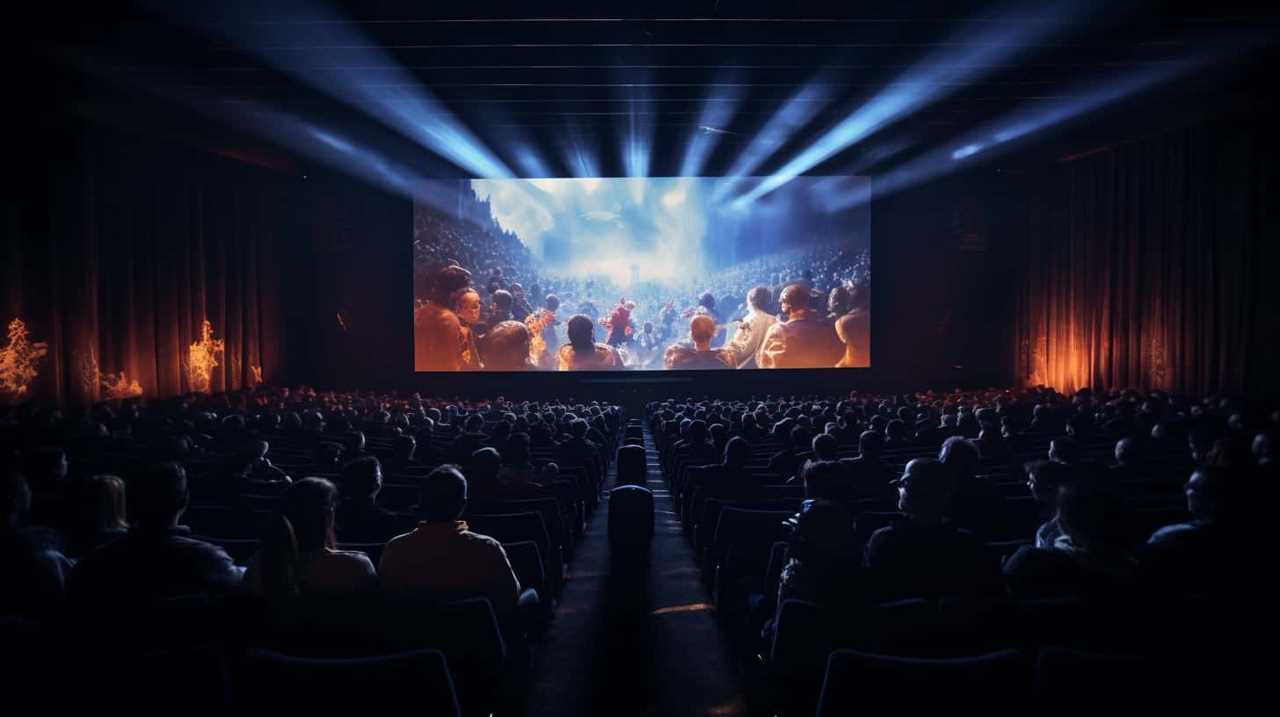
Do All Memorable Villainous Lines Come From Well-Known Movies?
Not all famous villainous quotes come from well-known movies. Some lesser known movie villains have delivered memorable lines that resonate with audiences. These lines showcase the creativity and innovation found in the world of cinema.
Can Villain Speeches Have a Negative Impact on the Audience?
Villain speeches can indeed have a negative impact on the audience. Depending on the content and delivery, they can shape audience perception and reinforce negative ideologies. It is crucial to analyze their influence critically.
How Do Villain Speeches Contribute to the Overall Storytelling in a Film?
Villain speeches contribute to the overall storytelling of a film by creating emotional impact and deepening character development. They allow us to understand the motivations and beliefs of the antagonist, adding complexity to the narrative.
What Makes Villain Speeches and Iconic Movie Quotes Resonate with Audiences?
Villain speeches and iconic movie quotes for speeches have a lasting impact on audiences due to their memorable and powerful words. These quotes often encapsulate the essence of a character or a movie, leaving a lasting impression on viewers. They resonate with audiences by evoking strong emotions and becoming timeless references in popular culture.
Conclusion
In conclusion, villain speeches hold a unique power in cinema, captivating audiences with their memorable lines and resonating long after the credits roll.
These monologues, carefully crafted by filmmakers, tap into the psychology of human nature and play upon our deepest fears and desires.
Through the use of rhetoric and theatricality, villains leave an indelible mark on our collective consciousness, serving as a visual representation of the darker aspects of society.
Their words linger, serving as a reminder of the lasting legacy of cinematic evil.


